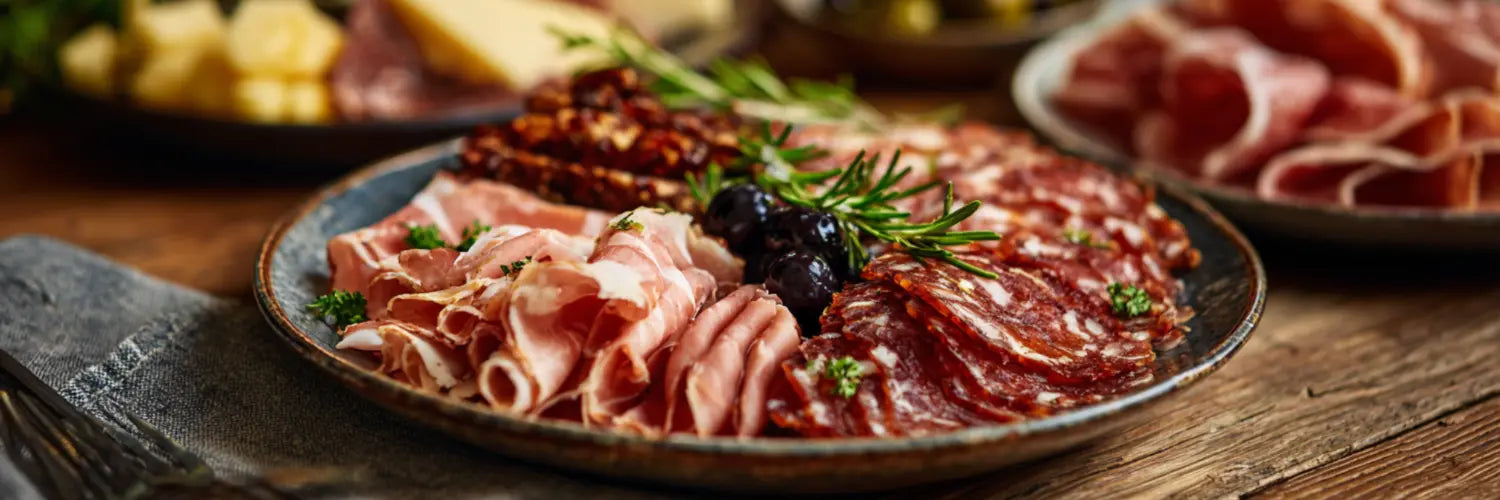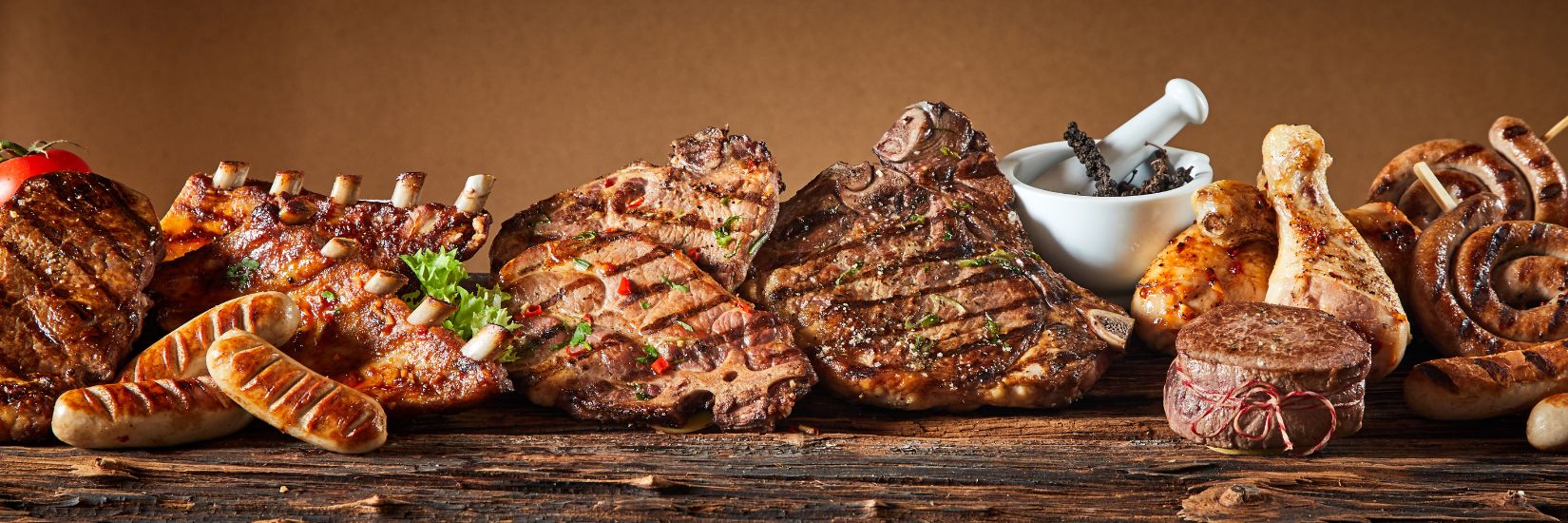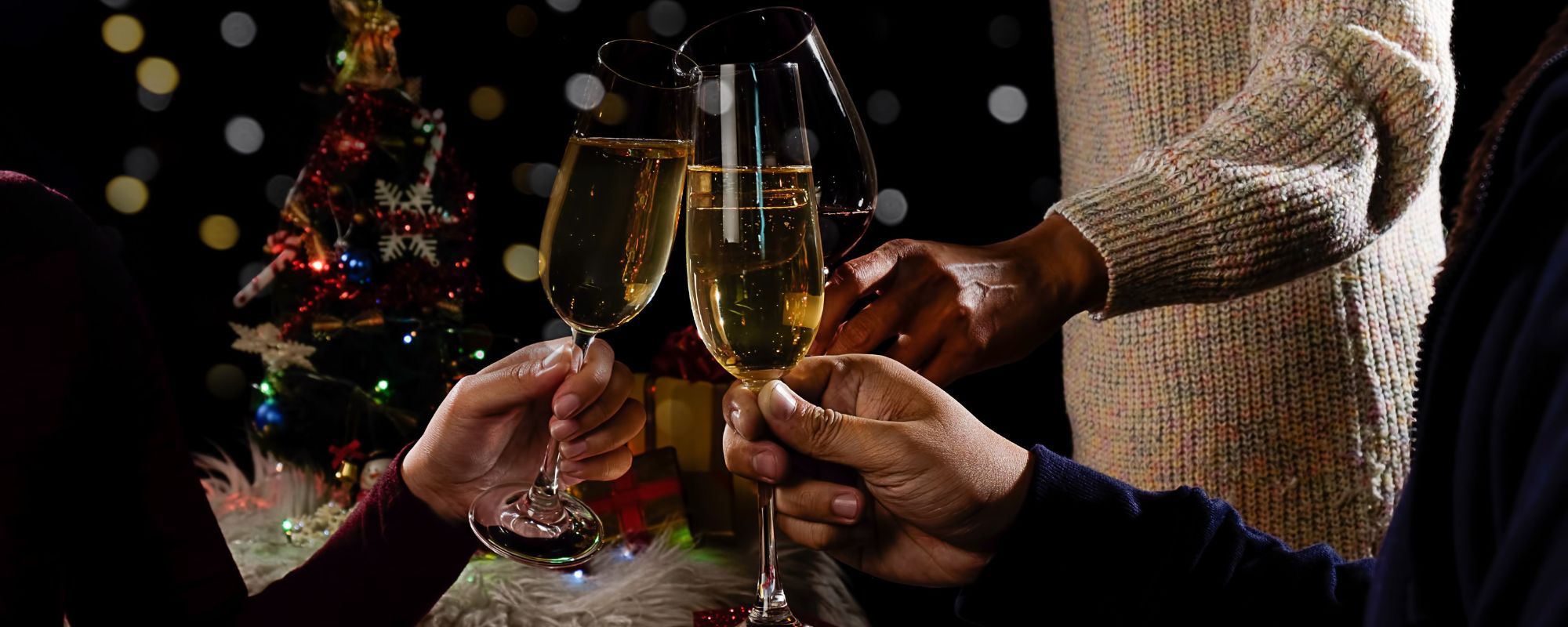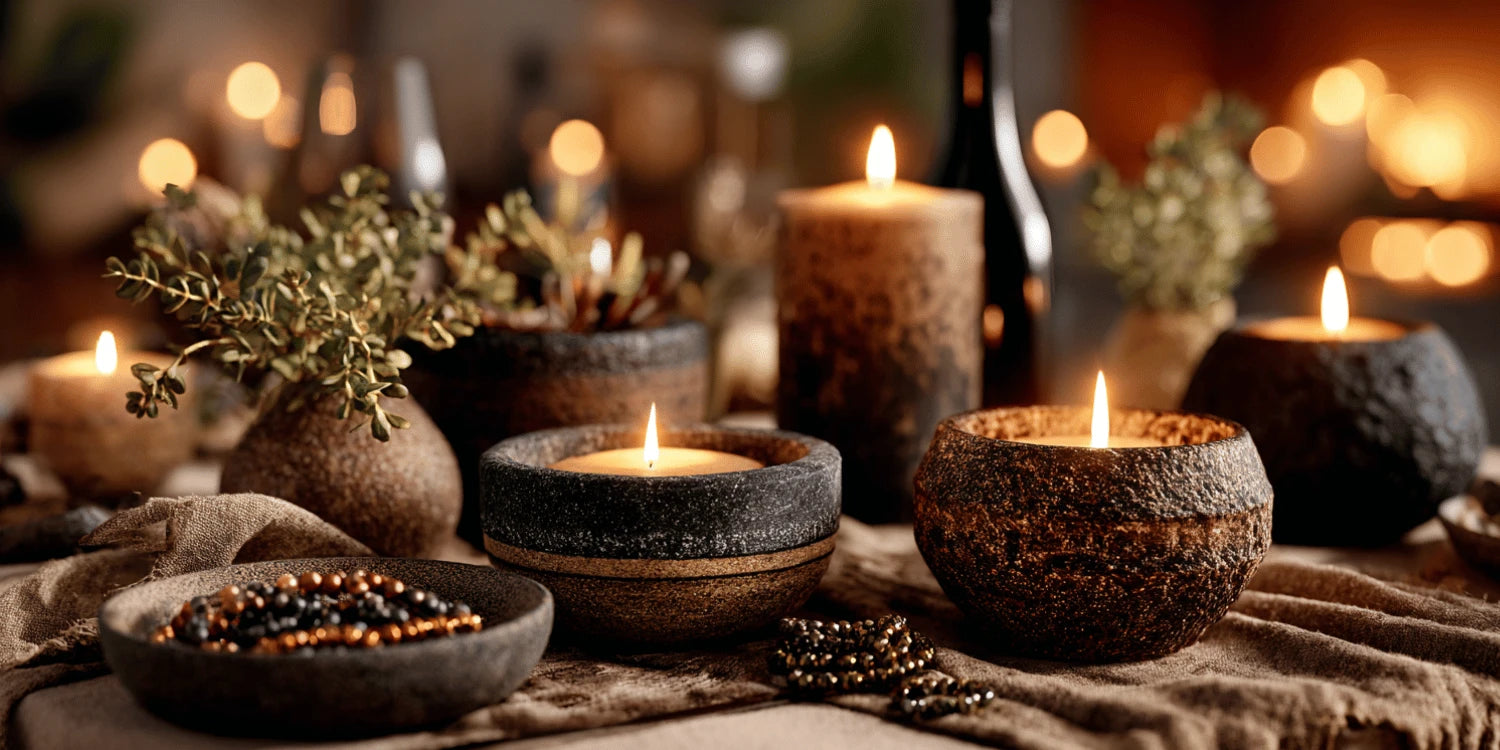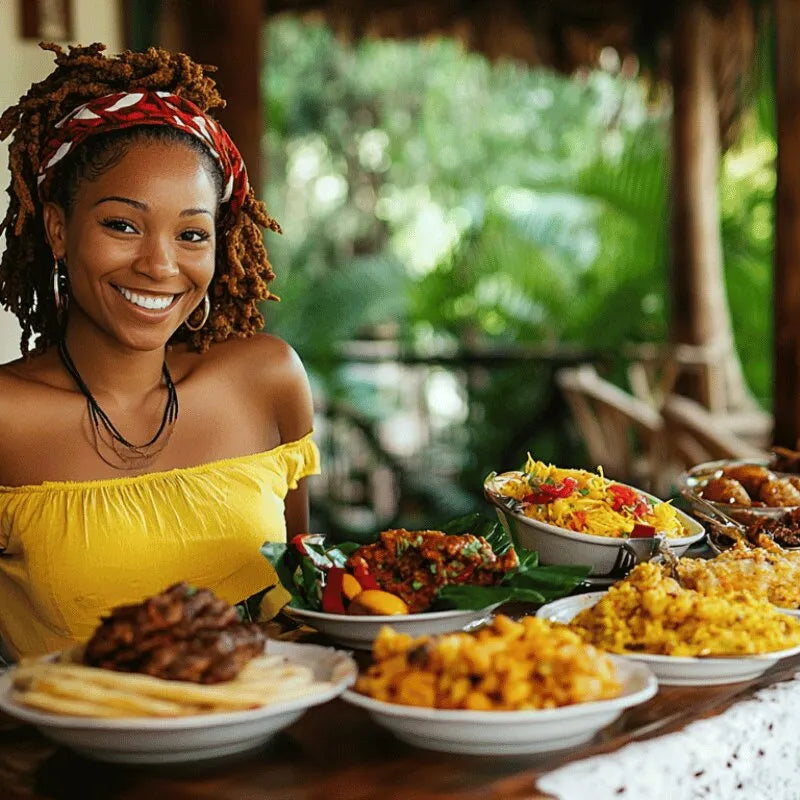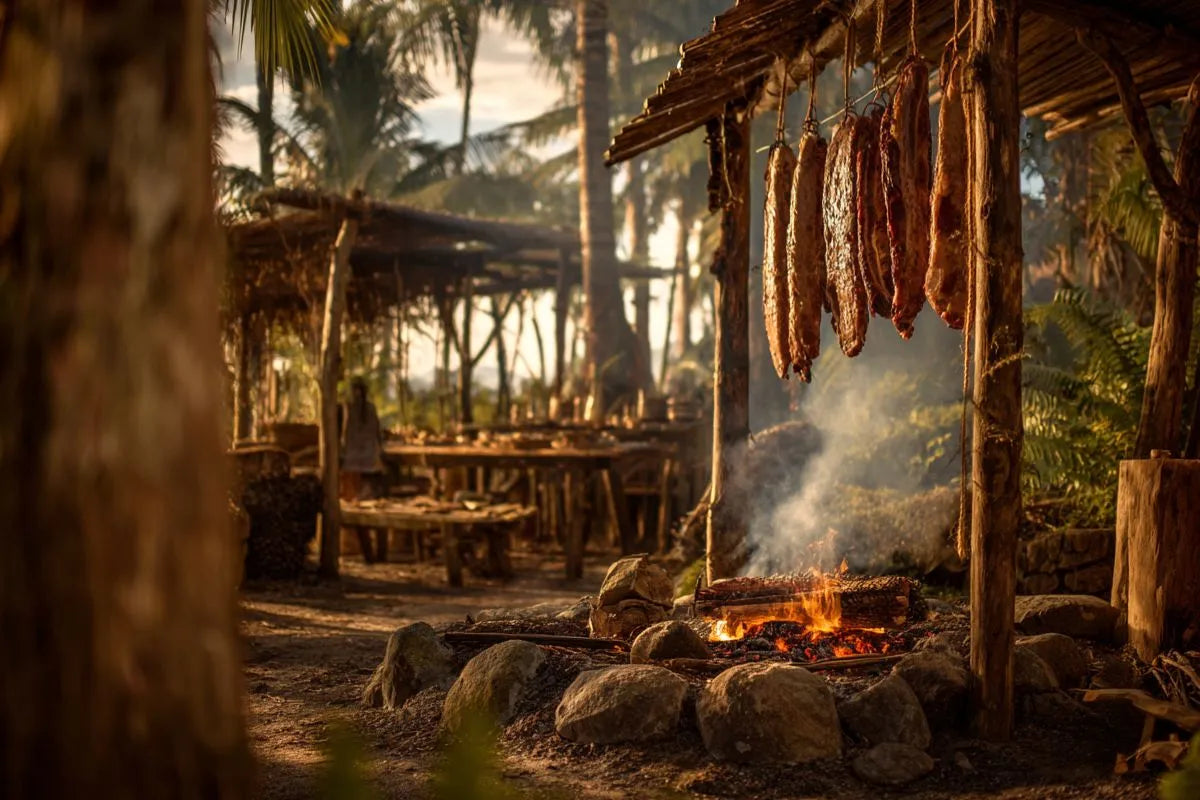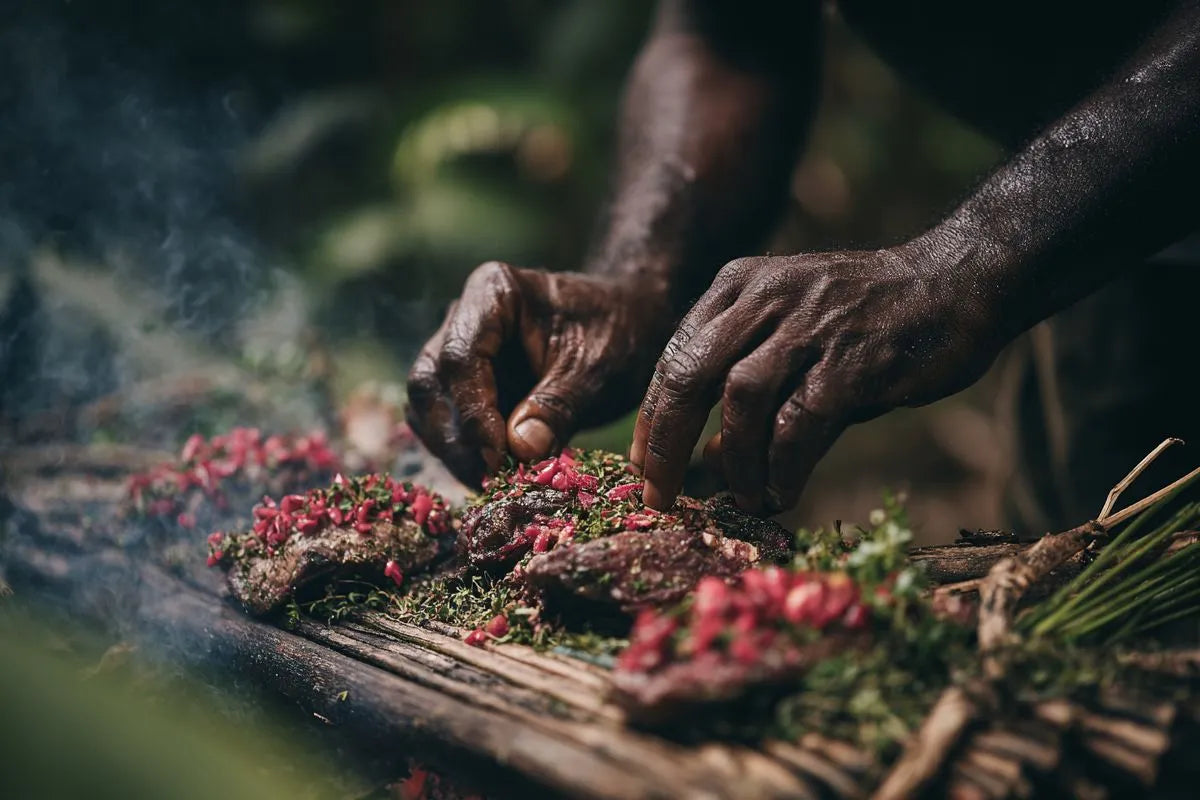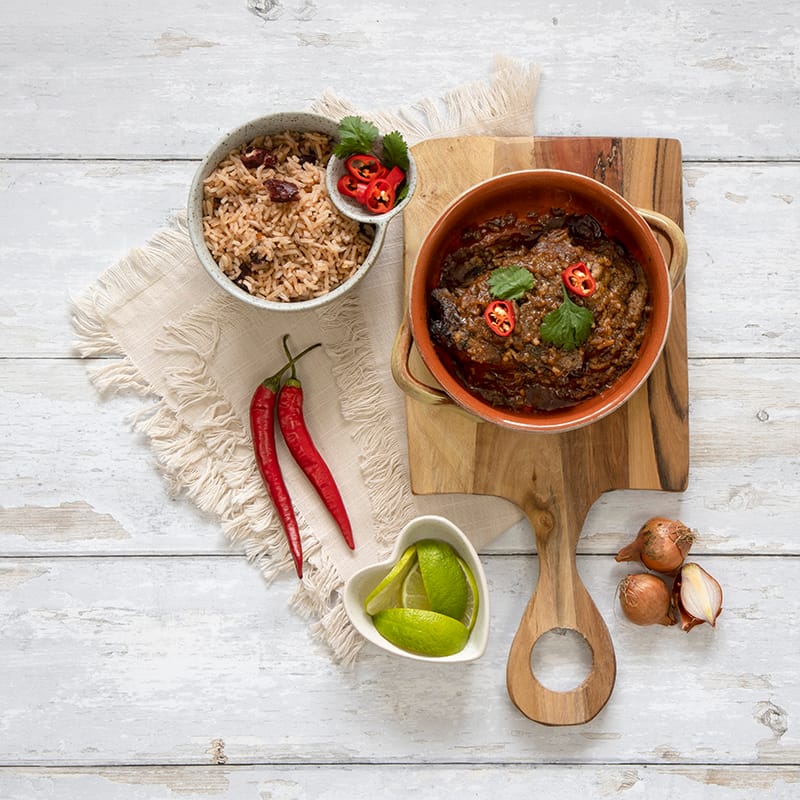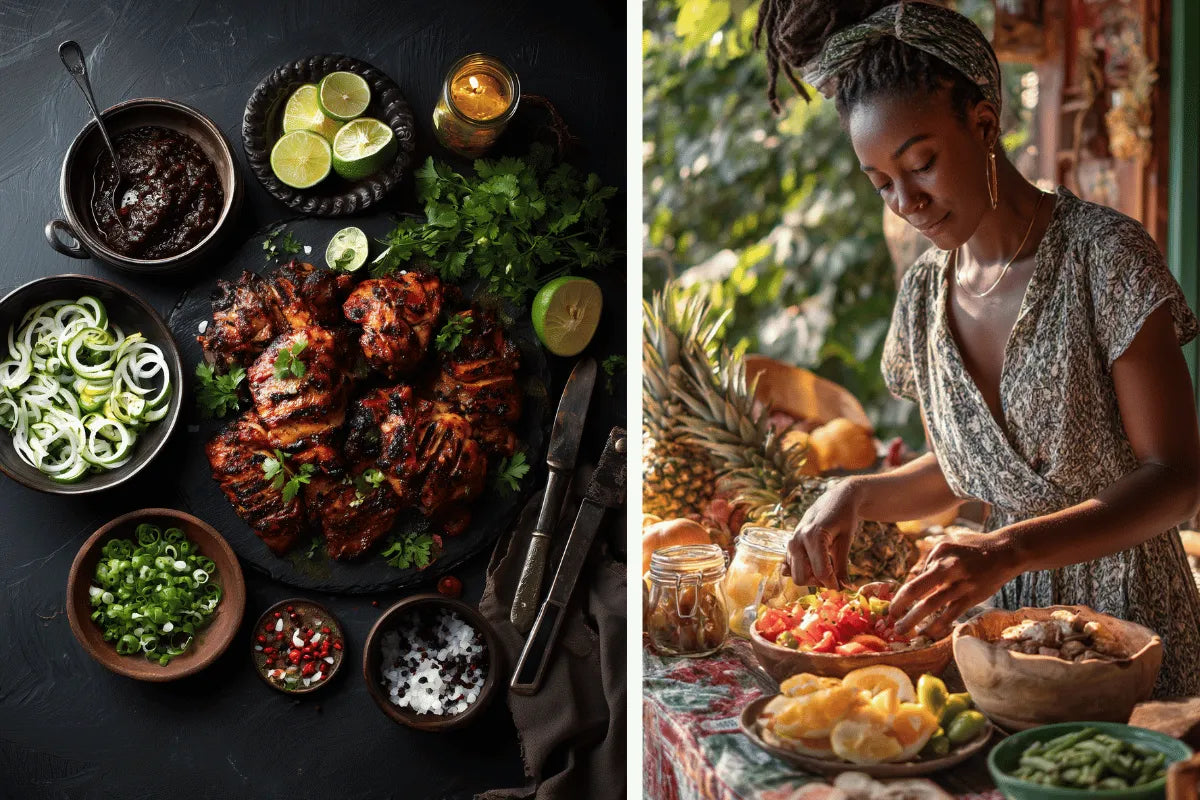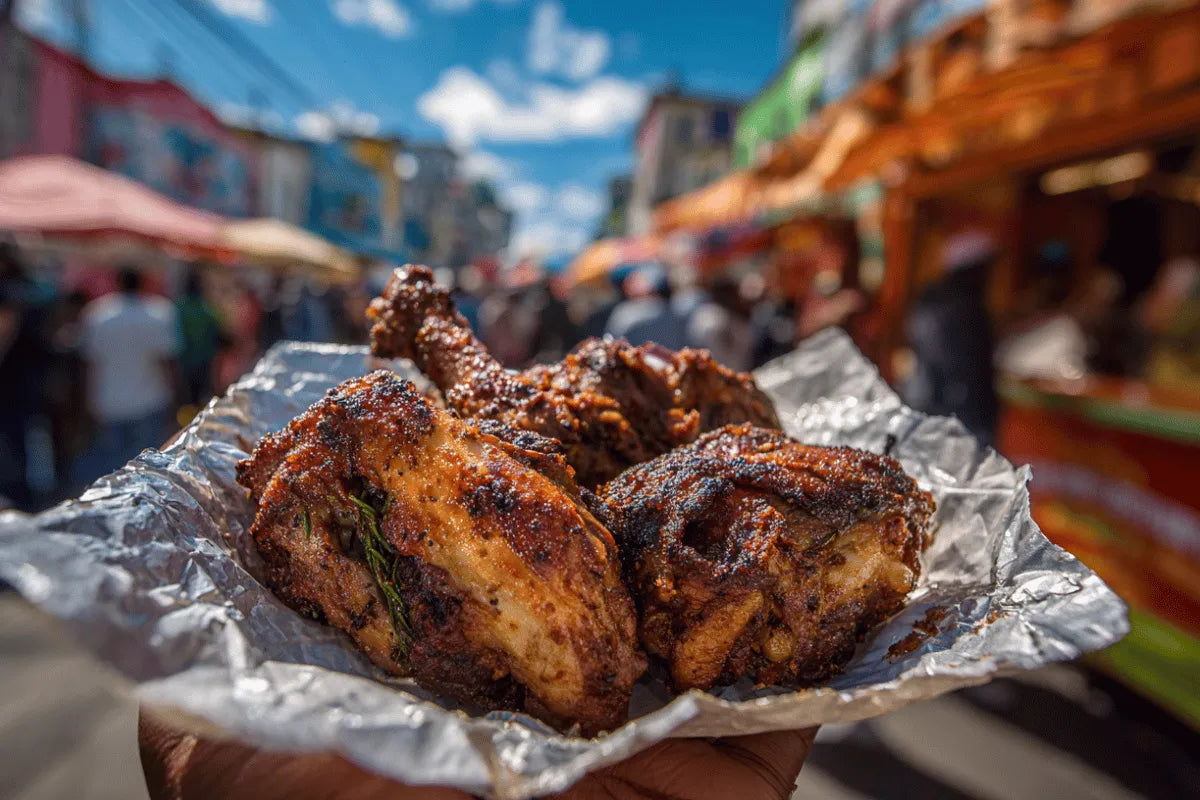From Mountain Hideouts to Global Street Food
The Maroons made jerk a way of life—and it stayed that way for generations.
Eventually, jerk moved from hidden mountain pits to roadside stalls and street-side BBQs. In towns and cities across Jamaica, jerk became part of daily life: smoky grills, foil-wrapped chicken, and queues of hungry customers.
Today, jerk is global. You’ll find it in London, New York, Accra, Toronto—wherever Caribbean communities gather, jerk follows.
And yet, it still carries the essence of resistance, identity, and home.

